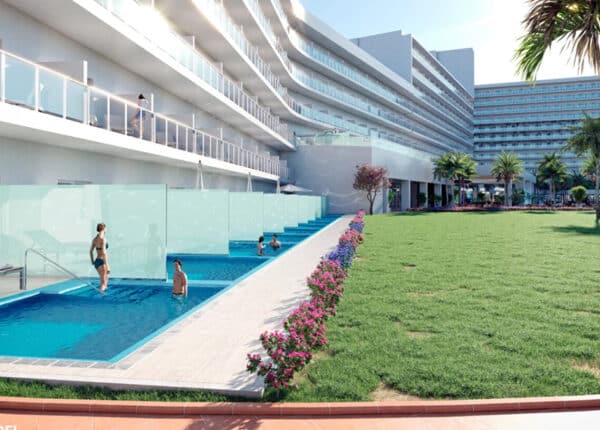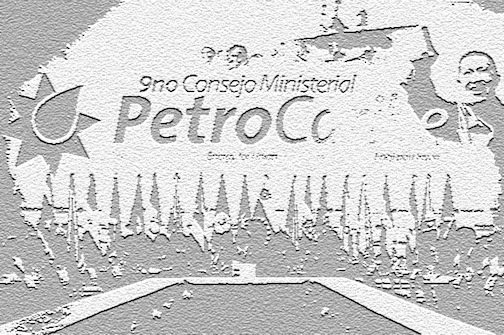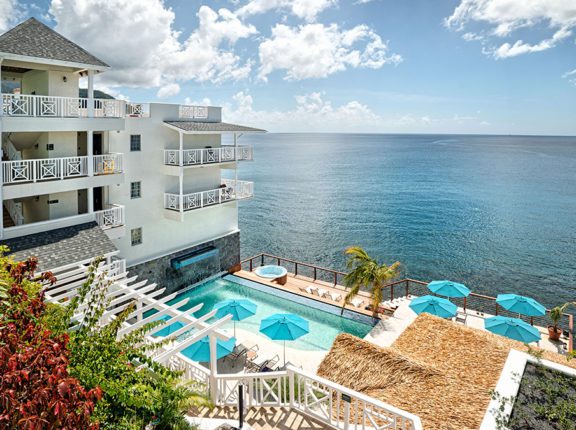By Michael W Edghill
CJ Contributor
At the end of June, leaders from around the Caribbean region met in Nicaragua for the 8th PetroCaribe Summit.
Created with the largesse of Hugo Chavez, the cornerstone of PetroCaribe has been the discounted prices on oil sales granted by Venezuela to the Caribbean member-states along with favorable terms for repayment.
Surprising to some was the fact that the terms of the PetroCaribe agreement were not addressed at this meeting, despite many rumors and suggestions that changes will have to made following the death of Chavez and the economic problems Venezuela finds itself facing.
Instead, the talks focused on economic integration and steps to be taken to fight poverty and hunger throughout the region.
The omission of any details concerning the future of PetroCaribe should serve as a warning sign to those that have benefited from it that changes will be coming in the future.
Caribbean nations who have come to rely on this special agreement to support their economies need to begin preparing for the financial reality of a moderation of the PetroCaribe agreement.
The economic problems of increasing debt and rising inflation that Venezuelan President Nicolas Maduro faces in Venezuela can most directly be affected by making adjustments to the largest component of the Venezuelan economy.
With oil accounting for 95 percent of all foreign exports from Venezuela, the necessary action seems obvious. Combine these facts with a razor thin (1.5 percent) margin of victory in the last election and some of his own supporters demanding the end of this agreement and it is easy to see why many assume that PetroCaribe’s days are numbered.
Alarm bells have been sounding throughout the region, especially from those who stand to lose the most from the abolition of PetroCaribe. Soon after the death of Hugo Chavez, an editorial in the Jamaica Gleaner forewarned of the end of this agreement and of the calamitous effects it could have on Jamaica if the government did not address it immediately.
While understandable, this foreboding reaction will, most likely, not be reflective of what happens to PetroCaribe.
National debt and inflation are one thing. Geopolitics is something else. While ending the oil subsidies that PetroCaribe provides would quickly help stabilize the Venezuelan economy, it would come at the cost of a lot of good-will that has been created throughout the Caribbean.
The people of Haiti recently named an airport after Hugo Chavez. If President Maduro hopes to garner that kind of support, then he cannot alienate those in the region who have come to rely on this Petro-aid.
However, the status-quo cannot be maintained if Maduro hopes to hold onto political power at home in Caracas. Increasing taxes would hinder economic growth, which has become anemic. Cutting funding for domestic social programs would cost him the support of the most loyal part of the Venezuelan electorate. Therefore, increasing oil revenues must be seen as the solution.
This leaves the most likely scenario for PetroCaribe as one of moderate change.
Member-states who have been on the receiving end of this Venezuelan oil deal will most likely see the terms for repayment changing in the future.
Additionally, expect the cost-subsidy of up to 70 percent in some cases to be reduced substantially in order for Venezuela to be able to tap some of that potential revenue.
Should this happen, many Caribbean nations will find themselves with financial adjustments that need to be made; some of them substantial. But the tap of cheap oil from neighboring Venezuela will not just be turned off.
There is too much for Venezuela to lose politically by doing so. And that is perhaps why much of the 8th PetroCaribe Summit was spent talking about economic integration and tackling regional problems as a collaborative effort.
If assistance is offered in other ways and in other areas, then the blow of losing some of the oil subsidies through PetroCaribe may be dulled. That, however, is an idealistic hope. For what is PetroCaribe without the Petro?
Michael W Edghill, a Caribbean Journal contributor, teaches courses in US Government & in Latin America & the Caribbean in Fort Worth, Texas. He has been published by the Yale Journal of International Affairs, Diplomatic Courier, the Trinidad Guardian, and others.
Follow Michael Edghill on Twitter: @MichaelWEdghill







